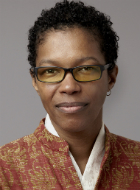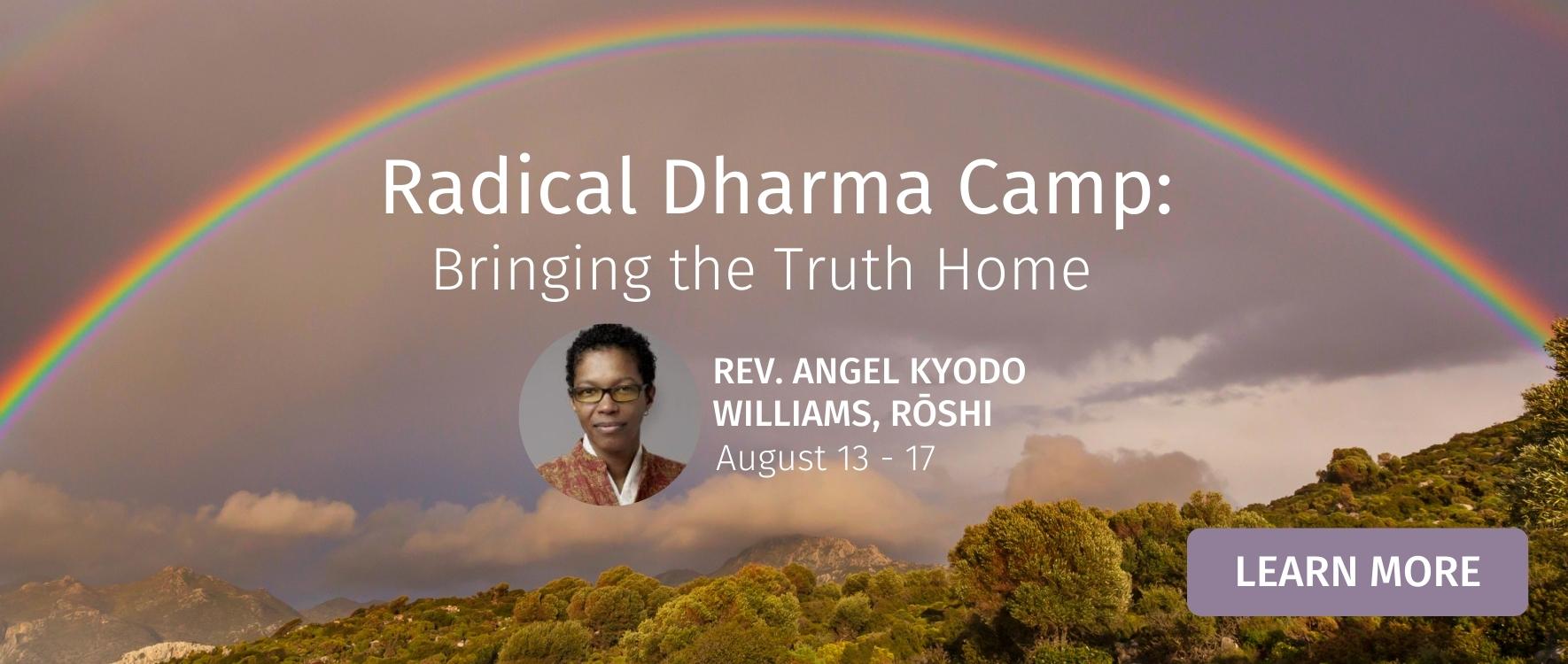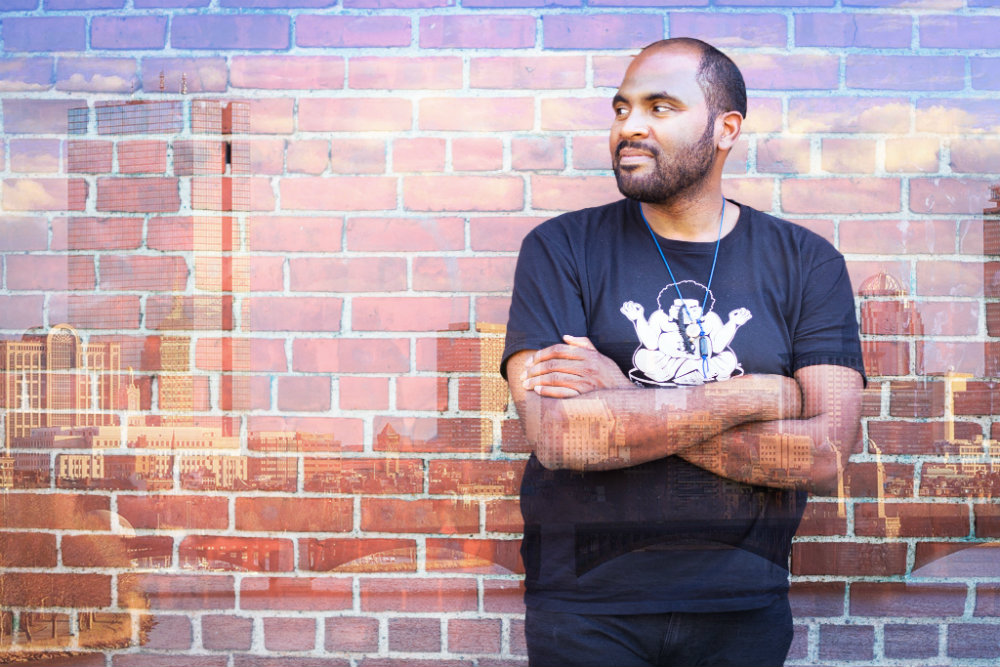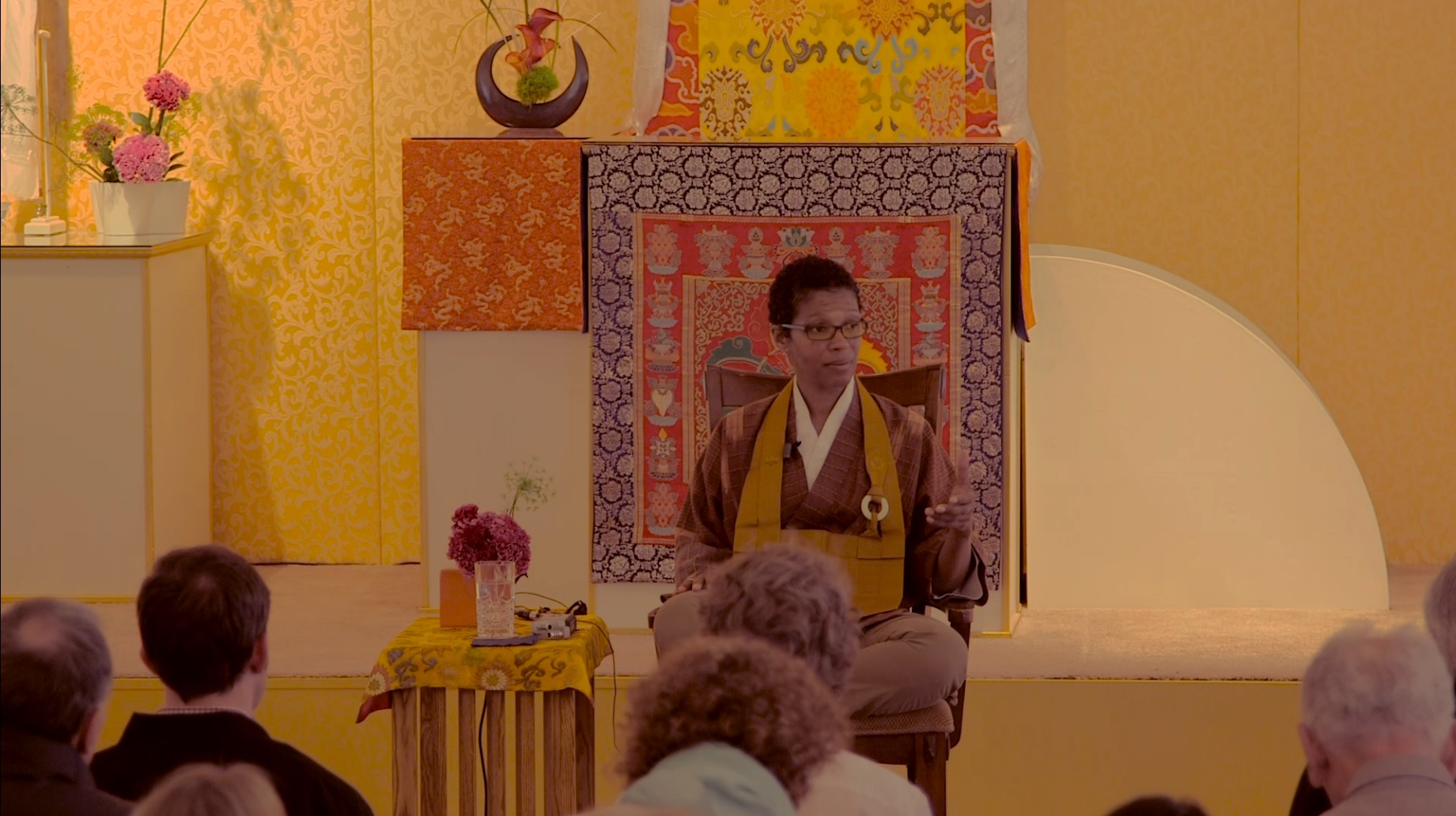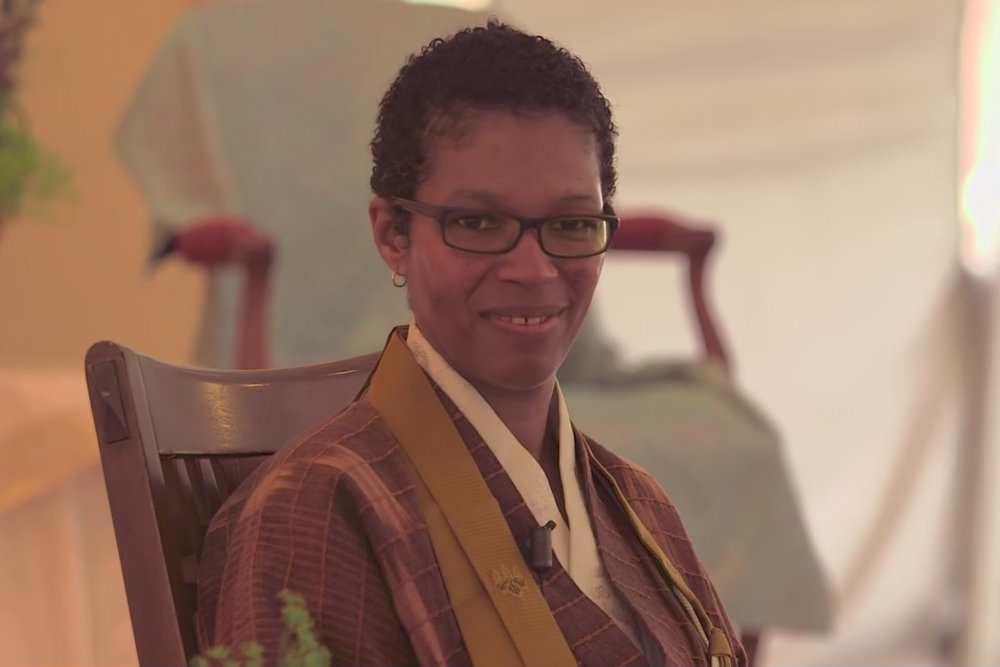The Social Ego
By Rev. angel Kyodo williams //
To lean into the aspiration for true liberation, you must confront the fact that “whiteness” is a social ego as void of inherent identity as the personal ego, and you have identified with it as much as your very own name, but without being willing to name it.
Just as the ego-mind is a construct that constantly reinforces itself—building structures and systems of control and developing attitudes and views that maintain its primacy and sense of solidity so that it can substantiate its validity—so, too, does this construct of whiteness. One could call it the Mind of Whiteness.
The construct has been designed so that white America—and by extension white teachers and practitioners—lives inside the prison of that small mind, such that without intentional intervention, you cannot see over the wall of the reinforcing perspectives that affirm and perpetuate the White Superiority Complex. The complex would disintegrate if the vastness of your own racial bias were illuminated. So you remain in ignorance, blind to the reality before you, which is necessary to escape the sheer anguish of how pervasive it is, how you unerringly participate and how seemingly inescapable it is.
But just as the ego-mind cannot be used to work its way out of its own construct, so too can the Mind of Whiteness not be used to see through the veil of its own construct. On the one hand, this is where a practice that illuminates the nature of mind comes in. We are gifted with precisely the tools and methodologies needed for the project of deconstructing. But that lens of awareness must be placed outside of the construct. As a direct result of privilege, white practitioners (and teachers) have mistakenly entitled themselves to place the lens of awareness inside of whiteness, hence they are unable to see its machinations. But once we choose to live dharma in a radical way, a motivation toward complete liberation, our work can begin.
So we sit. And we feel. And we let what arises do so until the resistance is worn down, or moved through, or even seems to overwhelm us. On the other side, we see a glimmer of something that we couldn’t get a handle on for our desperate need to avoid it. We begin to see Truth. And when we catch a hold of it, we can finally see the patterns of our participation in not-Truth emerge. With the clarity of a steady mind and courage of a true heart, what has always been there begins to reveal itself, emerging from behind the fog of this social ego: the Mind of Whiteness.
The white practitioners of Dharma who cannot stand firmly in acknowledging the pain caused by the decades of resistance to addressing this misalignment will be exposed as using a veneer of the dharma as mere window-dressing while milking the benefits of the system. Our wise words will land with a thud henceforth. The veil of mindfulness will be seen through as thin.
No one entity has the answer, but rather it is the willingness to offer our best, claim responsibility for our worst, and fold it all into the continuous moment-to-moment practice of simply being present to what is that promises to deliver our future.
From Radical Dharma by Rev. angel Kyodo williams, Lama Rod Owens, and Jasmine Syedullah, PhD. Published by North Atlantic Books, copyright © 2016 by Rev. angel Kyodo williams, Lama Rod Owens, and Jasmine Syedullah, PhD. Reprinted by permission of publisher.
2019 Radical Dharma Programs at SMC:
-
Radical Dharma Conversation
Rev. angel Kyodo williams, Lama Rod Owens and Dr. Jasmine Syedullah
August 4–8 // click here to learn more -
Radical Dharma Camp: Bringing the Truth Home
Rev. angel Kyodo williams and Dr. Jasmine Syedullah
August 8–11 // click here to learn more -
Click here for Radical Dharma Conversation & Camp Combined Registration
About the Author
